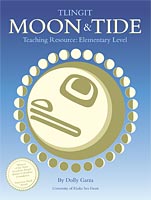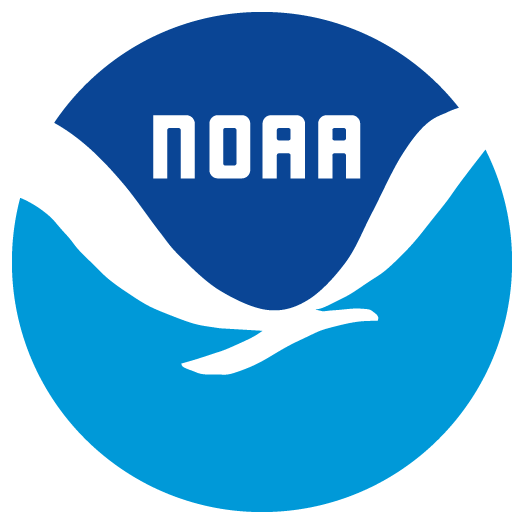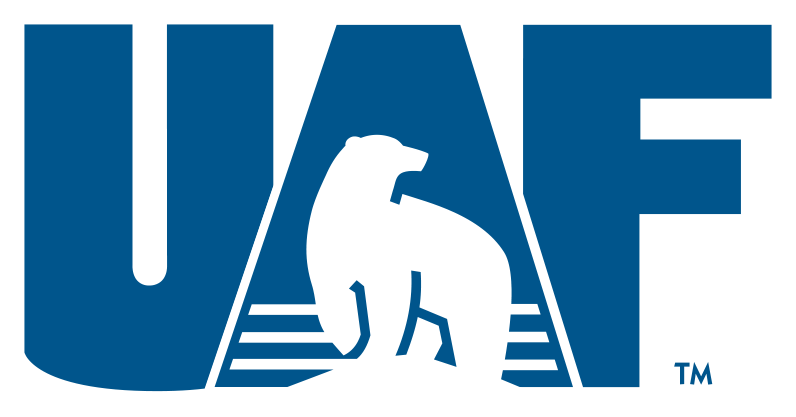
Imam Cimiucia: Our Changing Sea
Anne Salomon, Nick Tanape, and Henry Huntington. Lisa Williams, principal photographer.
- Price: $39.95 Sale: $10.00
- Table of contents (PDF)
| Format | Price | |
|---|---|---|
| Hardcover book | $10.00 | Add to Cart |
Description
Through the lens of Western science and traditional Native knowledge, art, and photography, the authors uncover some of the ecological, social, and economic causes of coastal ecosystem change on Alaska's Kenai Peninsula. The reader is offered a rare opportunity to share experiences, perspectives, and knowledge of Sugpiaq Elders and village residents whose lives and intuitions are shaped by the rhythms of the sea. This collaboration illuminates the resilience and limits of marine ecosystems and the vast archive of knowledge and expertise held by different cultures. Given the pressure humans now impose on marine ecosystems worldwide, this book offers insights to coastal communities throughout the world that have witnessed dramatic changes in their ocean home. First author Anne Salomon is an assistant professor in the School of Resource and Environmental Management at Simon Fraser University.
Funding to print this book was provided by a grant from the Rasmuson Foundation to the Port Graham Village Council. Additional support was provided by the Alaska Sea Grant College Program, Chugach Alaska Corporation, Chugach Heritage Foundation, University of Alaska Press, and Pratt Museum. Sales proceeds will benefit the Port Graham Environmental Program and the Nanwalek Resource and Fisheries Program.
Aleesha Towns-Bain of the Rasmuson Foundation posted a blog about this book that includes interviews with Anne Salomon and Violet Yeaton, environmental planner for the Port Graham Village Council.
Sample pages
Item details
- Item number: SG-ED-70
- Year: 2011
- Pages: 123
- Size: 12.25 x 8.5 inches
- ISBN: 978-1-56612-159-0
- Table of contents (PDF)
What others say
"I've had the pleasure of working in and traveling through the Chugach region of Alaska, including Port Graham and Nanwalek. This book is an outstanding and unique look into the people, ecosystems, and resources of this region by the people who know it best. The authors present science and traditional knowledge in a way that respects both. I highly recommend this book."—Teresa McTigue, Supervisory Ecologist, NOAA
"This book provides a rich account of the long history of human habitation and its impact on the coastal marine ecosystem of southcentral Alaska. By joining hands in a common research endeavor that brings together deep local knowledge of the Sugpiat and detailed instrumentation provided by marine scientists, we come to better understand the effects of the cultural and ecological changes under way in the region."—Raymond Barnhardt, Co-Director, Alaska Native Knowledge Network, and Director, Center for Cross-Cultural Studies, University of Alaska Fairbanks
"Imam Cimiucia: Our Changing Sea reveals the true spirit of the Chugach people. It is alive with the sights, sounds, and heartbeat of the land and its people. A true collaboration of research and community, this book has lessons for all humanity on stewardship, ecosystem-based management, and the wisdom of traditional knowledge, and expresses the needs of future generations. And I loved it!!"—Patricia A.L. Cochran, Executive Director, Alaska Native Science Commission, Past Chair, Inuit Circumpolar Council
"This book emphasizes the points of convergence between the knowledge of ecological science and the wisdom of the ages found in traditional knowledge. Anybody interested in coastal ecosystems should read this book. Natural
scientists in particular will profit from the astute insights into the natural history of this coastal ecosystem available from the traditional understanding of natural systems that have sustained people over several millennia."—Paul Dayton, Professor, Scripps Institution of Oceanography, University of California San Diego
"In Our Changing Sea, the traditional ecological knowledge of the Sugpiaq people of Port Graham and Nanwalek is skillfully blended with biological and social sciences to tackle a complex problem—the causes of change to the intertidal and marine environment of lower Cook Inlet, Alaska. The prominent Alaska Native voices contribute a historical perspective and a sense of interconnectedness based on generations of observations and interactions with the natural world. The outcome is an instructive model of a collaborative endeavor seeking not only explanations but also sustainable solutions that incorporate traditional management practices."—James A. Fall, Research Director, Division of Subsistence, Alaska Department of Fish and Game. Coauthor of Shem Pete’s Alaska: The Territory of the Upper Cook Inlet Dena’ina.
Awards
- Alaskana Award, chosen for making a significant contribution to the understanding of Alaska, and exhibiting originality, depth of research, and knowledge of Alaska, Alaska Library Association, 2012
- First Place Hard/Softcover Books, National Association of Government Communicators, 2012








